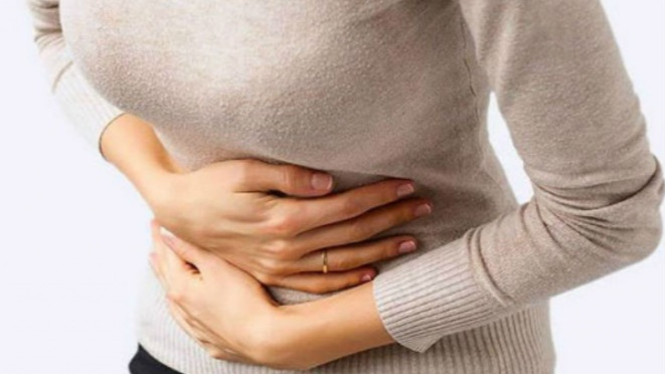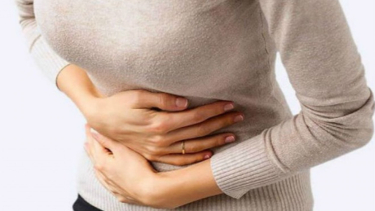The Reasons Why Women Experience Menstrual Cramps
- U-Report
Jakarta – What causes menstrual cramps? Most women ask this question at some time in their life. It seems that when it comes to that time of the month, mild cramps, bloating, and irritability although nuisances are all to be expected. However, crippling period pain, heavy bleeding, serious fatigue, and other symptoms that affect your quality of life are not.
Menstruation, also known as a period is a natural process that happens in individuals with a uterus. During the menstrual cycle, some women usually having pain and sick. The pain is primarly caused by the constractions of the uterine muscles as they work to expel the uterine lining.
Menstrual pain can vary in intensity and duration from person to person. Some individuals experience mild discomfort, while others may have severe pain that interferes with daily activities.
Factors like hormone levels, individual sensitivity to pain, and underlying health conditions can influence the severity of menstrual pain. Well, here are some reasons why women experience menstrual cramps:
1. Uterine contractions
During menstruation, the hormone prostaglandin is produced in higher amounts. Prostaglandins are responsible for causing uterine contractions, which help to expel the endometrium. If there is an excess of prostaglandins, the uterine contractions become stronger and lead to pain.
Ilustrasi menstruasi/haid/pembalut.
- Freepik
2. Ischemia
Powerful contractions can temporarily halt the blood supply to the uterus, causing ischemia or oxygen deprivation in the uterine muscles. This can result in pain.
3. Endometriosis
Some women suffer from a medical condition called endometriosis, where tissue that typically grows inside the uterus starts growing outside of it. During menstruation, this tissue also experiences bleeding, leading to pain and inflammation.
4. Uterine polyps
Uterine polyps are small growths of tissue inside the uterus. During menstruation, these polyps can also cause bleeding and pain.
5. Hormonal imbalances
Imbalances in hormones or specific hormonal disorders can also cause more intense menstrual pain.
6. Stress
High levels of stress can influence hormone production in the body, including prostaglandins, which, in turn, can affect the intensity of menstrual pain.
Most women experience mild to moderate pain during menstruation, which is considered normal. However, if your menstrual pain is extremely severe, interferes with daily activities, or is accompanied by other concerning symptoms or unbearable discomfort, it is advisable to consult a doctor for further evaluation and appropriate management.



























